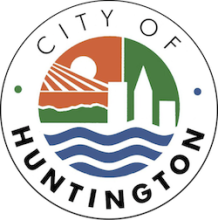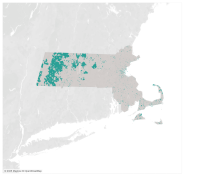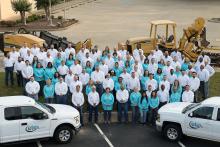
Community leaders from Huntington, West Virginia, are the latest to announce they are determined to bring publicly owned infrastructure to town. The Charleston Daily Mail reported in April that Mayor Steve Williams described fiber as a "game-changer" for the city and is determined to find a way to bring it to Huntington.
From the article:
“This is something we need to have to compete at the level we expect to compete at in the city,” Williams said. “This is necessary for us to have Huntington transformed and frankly, to show that this can transform the region for the next 25 years. We intend to do this. What we have to determine is how do we use this study to define how we can get there. That’s what we’re in the midst of assessing right now.”
Huntington received a grant from the West Virginia Broadband Deployment Council in 2014 that it used to conduct a feasibility study. The study estimated that the cost of a network would be approximately $25 million. The city considers the study a working document and is currently seeking out grant funding to move forward. They aim to bring gigabit Internet access to Huntington for $70 per month for residents and $100 per month for businesses.
Like many other moderately sized communities, Huntington wants to capitalize on the higher quality of life attributed to small town life coupled with a high capacity next-generation network. Huntington's population is around 50,000 but it is also part of the larger Huntington-Charleston metro area of about 365,000.
Williams said the city is looking into the feasibility of forming a public-private partnership to develop the fiber network. Williams said it would be cost-prohibitive for the city to build and manage the network itself, but a public-private partnership would allow the city to retain ownership over the fiber while letting an outside company sell the service itself.
No matter how the city decides to approach building the network, Williams said it will happen.







